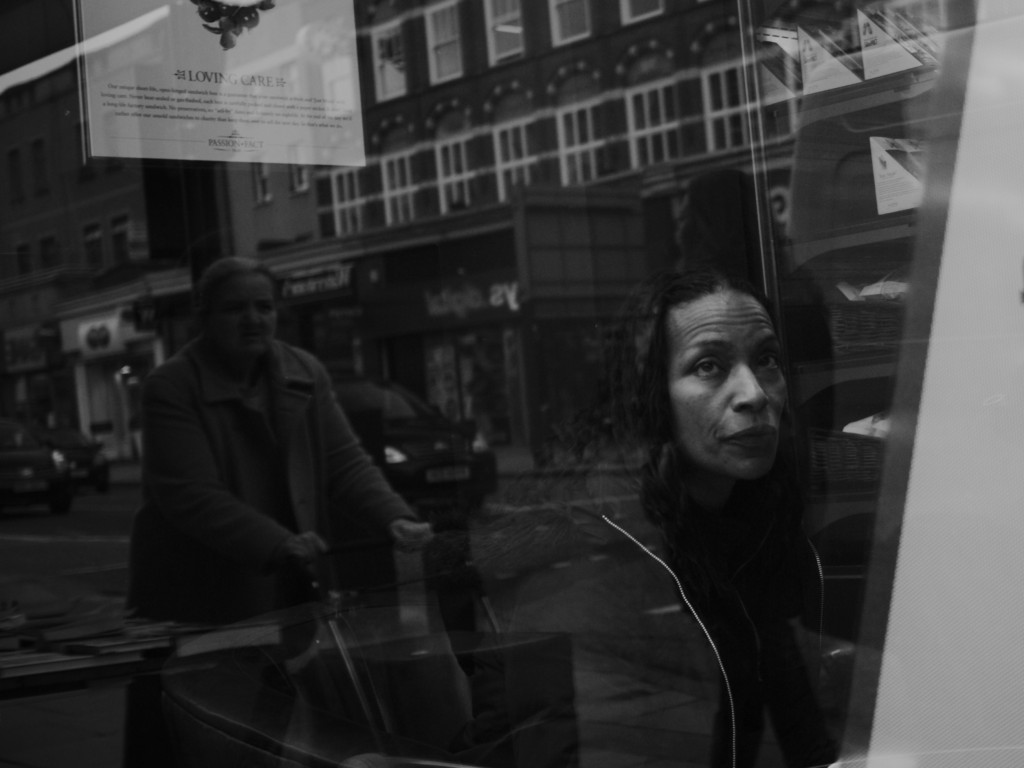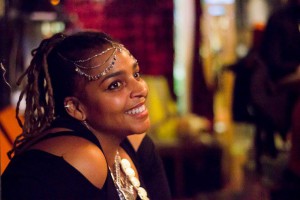We Are Still Writing Against Ourselves – Desiree Reynolds on female literary characters
Why do our heroines have to be ‘beautiful’? Can a female character… just be? What is it saying about literature that we as women still produce, if our heroines have to be beautiful? Does it not say more about the society in which it’s written? I’ve recently been a part of a shortlisting process and the experience left me disturbed and depressed. I can’t begin to count the amount of times I was told, by a writer, how ‘beautiful’ the heroine was. How her ‘beauty’ then motivates the other characters and the story. What? Beauty is neither a character trait nor plot device. You cannot use beauty as a kind of shorthand to explain who a character is, it’s lazy writing and just plain wrong. Just as being female is not a character trait, neither is beauty.
I don’t care about their beauty. As female writers (this applies to all writers, but I’m addressing this issue), the battle to keep the male gaze at bay is a constant battle not just a thing that would be quite nice to do, but a life-threatening necessity, because if we cannot construct our stories without references to a patriarchal idea of beauty then we run the risk of creating without autonomy, originality or depth. We will literally lose ourselves.
We all know of examples of female characters written with depth and precision. I’m talking to the writers who are just starting out. Read. Read. Read. Read until your eyes won’t let you look at another letter.
We’re still writing against ourselves. Female character writing is a feminist, womanist, racial issue. In a white, patriarchal society, where black beauty has to be ‘proven’, the state of beauty for any woman is a tightrope walk across a pit of blades. One false move… Just as we discuss white privilege, we must be aware of a hidden trajectory towards a white reader and in turn, that hidden trajectory towards a male reader. Who are you writing for, then? Well, the answer to that is, anyone who wants to read it, right? But who’s the anyone? And that’s what I’m urging us, as writers, to think about. Writers will also use code to imply beauty, like her shade, “she was pale… she was milk and honey… she was beautiful, she was lighter than her sisters…”. Pigmentocracy in literature is alive and well, written by people outside of ourselves. We don’t have to do it too. As a black writer, using these codes, we’re displaying our dislike of ourselves, the internailised racism that has been hundreds of years in the making, using out-moded and racist tropes of identification. We write against ourselves.
What we see and feel as women is ‘negotiated’, through that proverbial white, supremacist male lens and therefore so are our characters. But it does not have to be that static, as 3rd wave feminists point out, gender is fluid and so should our notions of beauty be.
Whilst we are unique, we all feel love and hate, anger, sadness and disappointment and the rest, it’s how we express those emotions that makes us unique. Look at the extraordinary people around you, reflect them, in all their weird, funny, stupid, odd, glorious selves. We are many. Let’s not keep writing about ourselves as if we’re all Jane Bennet. Different things motivate us, capture us, appal us, and look at the range and depth of human emotion, all of that is at your disposal, all is in your arsenal.
So what should we do, as writers approaching female characters?
I’m asking that we check our writing privilege. We have, for whatever reason, decided to write, then do it with a personal honesty, with a commitment to your art. Work on gaining the confidence that who you are is good enough and that what you know is worth writing about. I already know that about you, I want to read your story, you should too.
Write her with love and balance, not favoritism, or exceptionalism but with time, in which to explore all things that make her, her.
Define her from herself, not in reference to or through male eyes.
Give her motives that are about her, her story, her journey.
Don’t think about how other people will see her. She may not, why should you?
We as readers don’t need pretty. All that we care about is, is she effective? Can she move in the landscape you’ve put her in. Does she seem real? What motivates her, what moves her?
Notions of beauty are falsehoods that don’t really recognise the way we live, who we are or what we do. Let us not be the architects of our own oppression, subjugation, invisibility and disappearance. I know, as an ‘ugly’ woman, that it’s not easy, but we have to try and this trying could kill us, this fight with ourselves, for ourselves, is gargantuan, to not focus on the superficial, arbitrary, patriarchal, unrealistic, misogynistic, mysogynoirist notions of beauty. Once we can do that with ourselves then we can reflect that in what we create. At a time when it seems that as women, as women of colour, as Afropeans, our rights, our bodies and our choices are under attack, we can no longer afford to give away pieces of ourselves.
No one can live up to these ageing, superfluous notions of beauty and remain sane and I’m hoping, that within our own creative spheres, we more than reject these notions, we disprove them, smash them to the ground and wipe the sweat off our top lips and look up from the damage that we’ve wreaked upon it and do our glorious selves. One man’s beauty is another woman’s ugly.
#whoseugly?
Desiree Reynolds
Desiree is an author and creative writing teache and mentor. Her book, “Seduce”, is available from PeepalTree Press, Amazon and Kindle.
She is currently working on a collection of short stories out next year.




